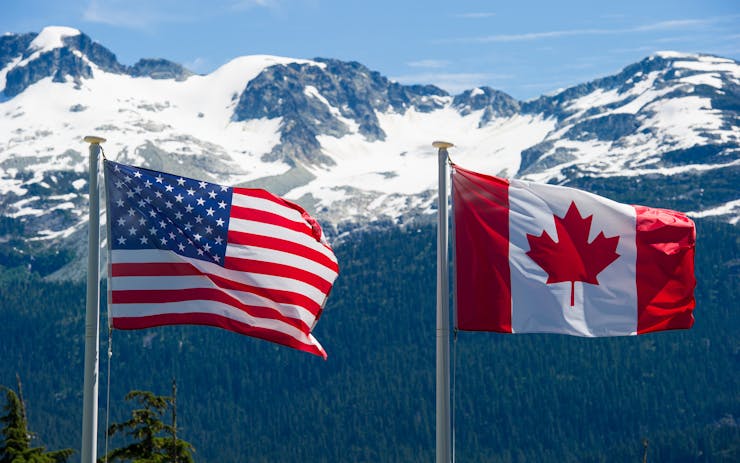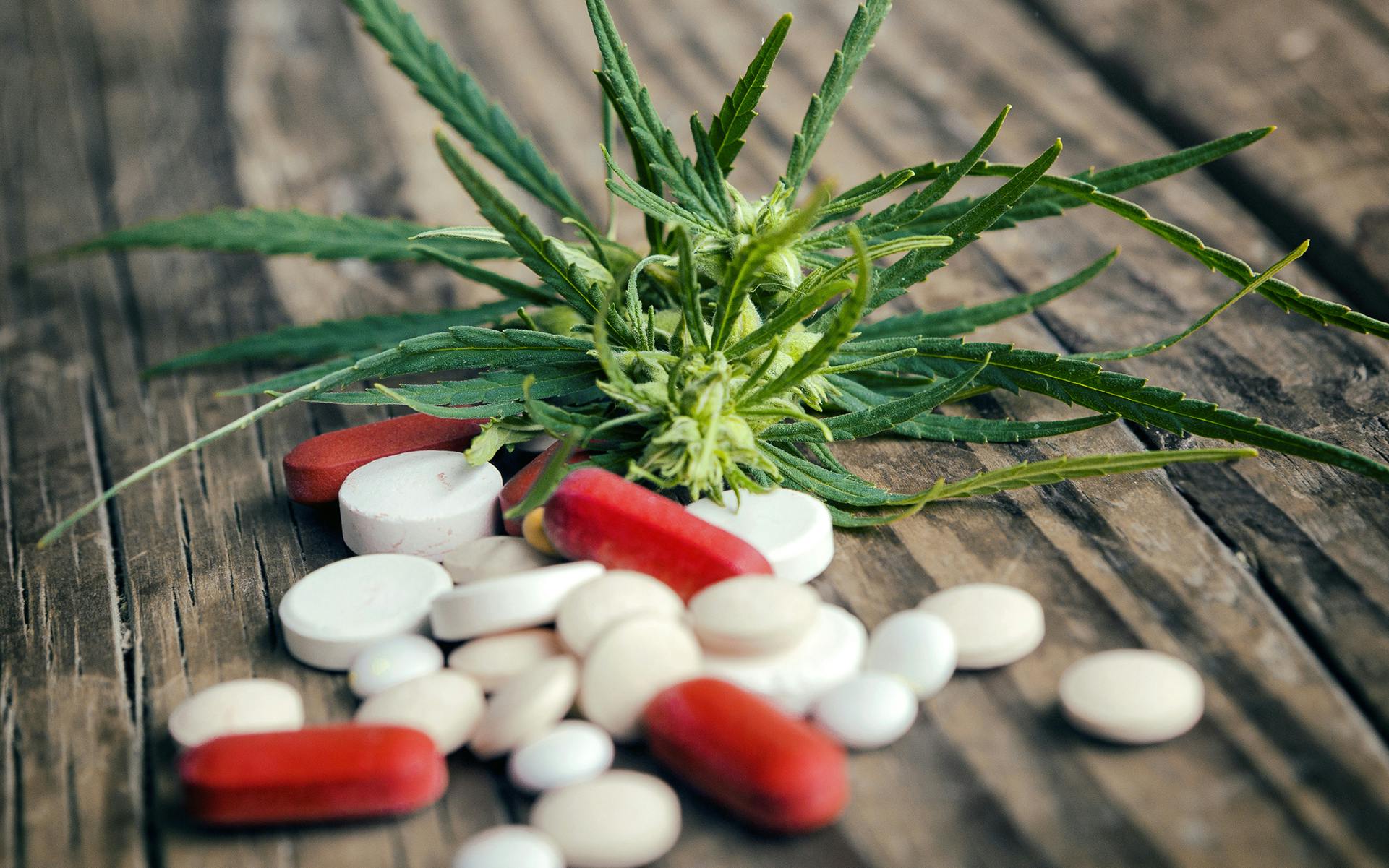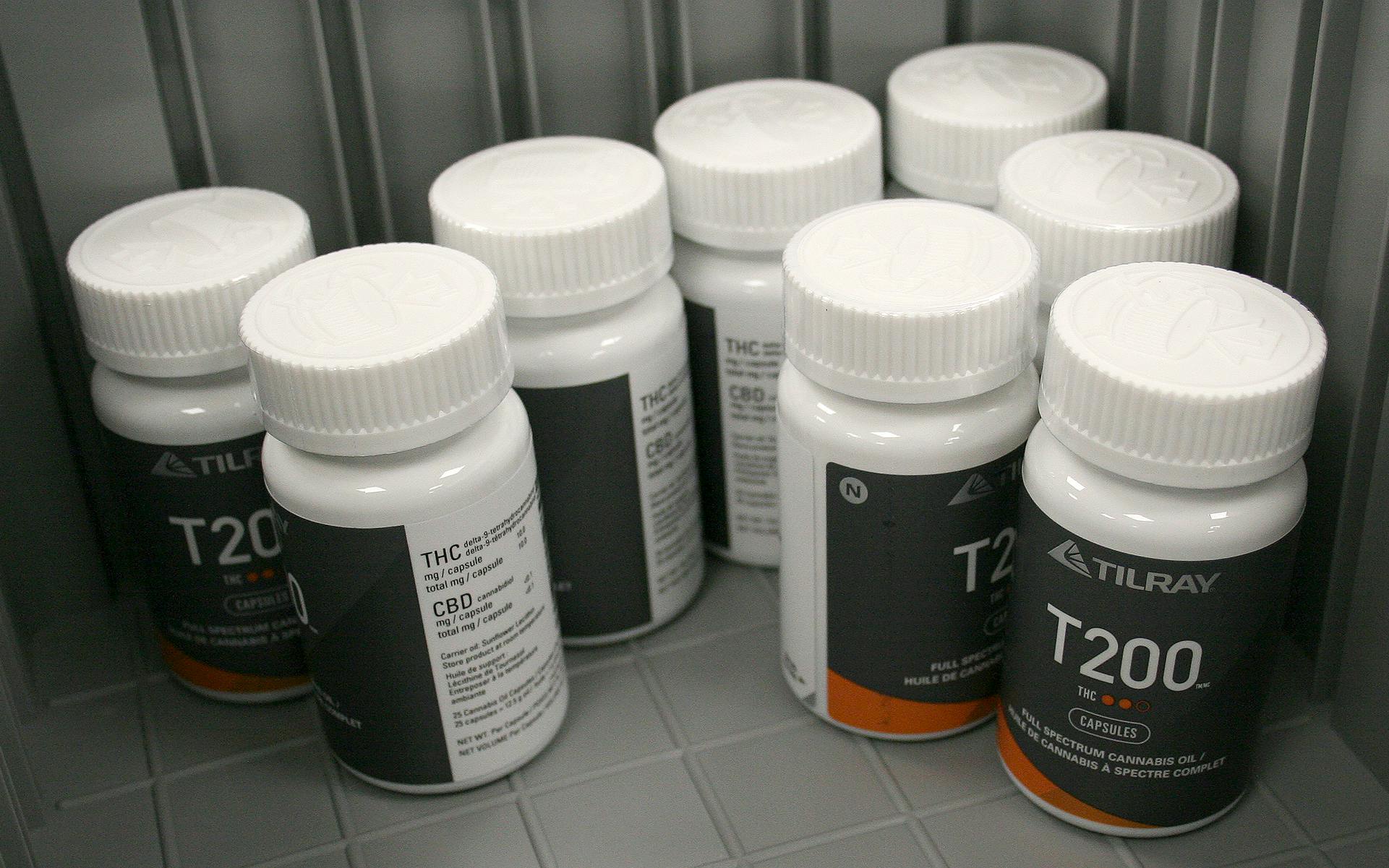In less than a year, The Cannabis Act will fulfill Canadian Prime Minister Justin Trudeau’s campaign promise to make adult-use recreational cannabis legal nationwide. While many Canadians are excited for legal cannabis, plenty more are concerned about just what that legal system will look like, and what its potential pitfalls are.
US legalization has yielded a wealth of data on everything from traffic fatalities to underage use to enforcement costs, addressing many of Canada’s key concerns.
Recreational cannabis might be brand new to Canada, but plenty of US states have blazed this particular trail already. Indeed, many of the concerns being raised by Canadians are the same ones raised in Washington and Colorado in 2014. Since then, nine US states have legalized recreational cannabis.
These early-adopter states have yielded a wealth of data, on everything from traffic fatalities to underage use to enforcement costs, addressing many of Canada’s key concerns about legalization. While legalizing cannabis on a national scale is a challenge unique to Canada, there’s a lot to be learned from the US.
How Much Does Enforcement Cost?
Toronto Mayor John Tory has claimed that legalization will result in drastically increased law-enforcement costs for cities. His theory is that “a big part” of enforcement costs will fall to municipalities, which will face major increases in the cost of business licensing, by-law enforcement, and policing. Tory supports a special levy on cannabis to offset these costs.
US cities haven’t seen the astronomical rise in law-enforcement costs Toronto's Mayor Tory is predicting.
However, US cities haven’t seen the astronomical rise in enforcement costs Tory is predicting. Washington’s largest city, Seattle, requires only about 3-4 dedicated employees to regulate cannabis. Those employees don’t represent a burden on the budget, as the city’s cost to regulate cannabis is only about $500,000 for 2017. It might make Tory happy to know that Seattle is also slated to get a $700,000 cut of cannabis taxes from the state this year, which he also called for in Toronto. As far as policing goes, legal cannabis doesn’t seem to be changing the budget process much.
“I can’t speak to this without data,” said Sgt. Sean Whitcomb, the Seattle Police Department’s communications director, but offered that, “We’ve had some significant cases [since legalization], but those are the same types of cases we’ve always had.”
He’s previously stressed that his agency is primarily concerned with curbing youth access, busting big illegal grow ops, and enforcing DUI laws. Enforcement involving legal cannabis is not the SPD’s mission, according to Whitcomb.
Furthermore, contrary to Tory’s claims, cannabis legalization actually frees up law enforcement resources. According to a Drug Policy Alliance report from July 2015, written one year after the state’s first recreational cannabis sales, cannabis arrests decreased by 63%, from 6,196 in 2012 to 2,316 in 2014, with each arrest representing a cost of $1,000-2,000 to the government.
In general, legal cannabis more than covers the cost of regulation and enforcement.
In general, legal cannabis more than covers the cost of regulation and enforcement. The Washington State Liquor and Cannabis Board (WSLCB), the agency that regulates cannabis in Washington and handles all legal cannabis enforcement, had an annual operating budget of $34 million in fiscal year 2016, including $13 million for enforcement. Cannabis taxes and fees brought in $189 million, about six times more than the agency’s entire budget. About $90 million of that excess cannabis revenue went to funding the state’s Basic Health program to provide insurance to low-income families.
In Colorado, they’re really rolling in it, it seems. The city of Aurora was famously able to raise so much extra tax from the cannabis industry that it earmarked $4.5 million for homelessness programs. A report by the Council on Responsible Cannabis Regulation found that Colorado netted $66 million and $96 million in the 2014-2015 and 2015-2016 fiscal years, respectively, after accounting for enforcement and regulation.
Shop highly rated dispensaries near you
Showing you dispensaries nearThe prognosis for Canada cashing in is pretty good, too. According to a report by the C.D. Howe institute, Canada could rake in as much as $500 million USD per year from legal cannabis. That report also includes only the existing state and federal taxes, meaning that if cannabis is subject to an additional excise tax, as it is in most U.S. states where it’s legal, Canada could see even more tax revenue.
What’s the Deal with DUI?
Though low-level possession arrests are down in legal states, the question of how to deal with drivers who may be under the influence of cannabis remains a thorny one. According to the aforementioned DPA report, overall traffic fatalities decreased in Washington post-legalization, although no causality was established.
Regardless of whether cannabis causes more accidents, no one wants more people driving under the influence, no matter what substance is influencing them. Though every state has provisions regarding cannabis DUIs on the books, none can claim to have developed an effective enforcement method yet.
Of all the questions facing Canada, how to regulate DUI might be the one for which the US has the fewest answers.
In Washington, the limit is five micrograms (ug) per milliliter of blood. It’s the same in Colorado. These limits, while well-intentioned, have been confusing. For one, it’s nearly impossible to tell if that 5 ug was from five minutes ago or five days ago, as cannabis can linger in the bloodstream well after its effects have worn off.
Beyond that, it’s nearly impossible to tell how profoundly 5 ug might affect someone, because individual tolerances vary so widely with cannabis. Some people can ingest 800mg, take the bus to downtown Seattle, and film a Nazi being punched, while others eat 100mg and think they’ve become one with the wallpaper. As the director of traffic safety and advocacy for AAA, Jake Nelson, told the Washington Post, “There is no reliable number that has any meaningful value in terms of predicting impairment.”
Assessing impairment in Canada has previously fallen to Drug Recognition Experts, officers trained to perform field evaluations of suspects who might be driving on drugs. AAA prefers the DRE system, but Canada’s is woefully inadequate even for their current need.
“The problem is that there are fewer than 600 trained DRE officers in Canada,” an article in the Ottawa Citizen concluded. “An assessment conducted in 2009 estimated that Canada needs between 1,800 and 2,000 and the training system isn’t equipped to pump out trained officers any faster.”
If Canada does decide to ease the demand for DREs with a ug/ml limit, it’ll face the same criticisms of the legal limits used by US states. Of all the questions facing Canada, how to regulate DUI might be the one for which the US has the fewest answers.
How Do You Keep It Away From Kids?
One of the other major objections raised by opponents of cannabis legalization in both the US and Canada has been that legalizing cannabis normalizes it in the eyes of teens, and ultimately leads to an increase in underage use. Legalization proponents argue that putting cannabis in tightly regulated retail outlets actually deters underage access.
Studies seem to support the latter view, with post-legalization surveys of teenagers in both Colorado and Washington showing steady rates of cannabis use or even slight declines.
If Canada’s 18+ age restriction is as vigorously enforced as age limits in the US, an increase in underage use from legalization seems unlikely.
Though Hamilton police chief Eric Girt complained in a town hall this summer that cannabis products in Colorado were “being marketed to kids” and cautioned that the same could happen in Canada, it’s worth noting that the state has had strict advertising rules in place to prevent any marketing efforts that might appeal to minors since 2013. Manufacturers are not allowed to use any packaging that appeals to children, and no cannabis business can advertise in a location frequented by minors: malls, arcades, sports venues—the interpretation is pretty broad. Ads can only be placed in publications or broadcast outlets for which “reliable evidence” exists that less than 30% of the audience consists of minors.
Nearly the same rules are in place in Washington, and Canada’s bill includes similar language. If Canada’s 18+ age restriction is as vigorously enforced as age limits are in the US, an increase in underage use from legalization seems unlikely.
Indeed, it might even lead to the slight reductions enjoyed by US states who have legalized and regulated cannabis. While minors can always ask an older sibling to sneak them something from the store, it’s still an extra step they didn’t have to take before. Dealers definitely don’t check ID.
Can Legal Cannabis Compete With the Black Market?
Speaking of dealers, many of the concerns around tax rates in Canada are about more than just the cost of enforcement. Regis police chief Evan Bray told the CBC that he was worried tax rates on cannabis would be too high, which he theorized would be a boon for the back market.
Those concerns are not entirely invalid, as legal states have struggled to completely eliminate the black market. In Washington, the relatively high 37% state excise tax on cannabis has been cited as a major factor in the black market’s persistence. However, through increased volume and improved efficiency, legal cannabis has achieved price parity with the black market in many instances.
However, many states have far lower tax rates. Maine has proposed a 20% tax, Oregon only takes 17%, and Massachusetts is even lower at 3.75%.
That said, one of the other major reasons the black market persists in the US is the piecemeal nature of legalization, which simply shunts drug dealers from one state to another. Even within legal states, certain cities and counties have banned legal cannabis, creating pockets of demand for the black market.
While the black market has persisted in the US, the cannabis-driven violent crime scare Jeff Sessions is constantly crowing about simply isn’t supported by data. Violent crime has decreased overall in both Washington and Colorado since legalization.
Legalization Is Looking Pretty Bright for Canada
Overall, legalization looks pretty good. Rather than exacerbating problems of youth access and violent crime, legalizing cannabis seems poised to alleviate them—and to raise quite a bit of tax revenue while doing it. Though it is still unclear how best to regulate cannabis DUIs, legalizing cannabis has at least pushed forward the study of how cannabis affects driving performance, and created a demand for devices that can reliably measure cannabis intoxication on the side of the road. A pilot program to study the efficacy of roadside saliva tests is already underway in Canada.
There is still the difficult question of how to handle the international drug enforcement treaties to which Canada is a party, and whether that process might delay legalization. Domestically speaking, however, if things play out like they have in the U.S., legalization looks to be a win.







